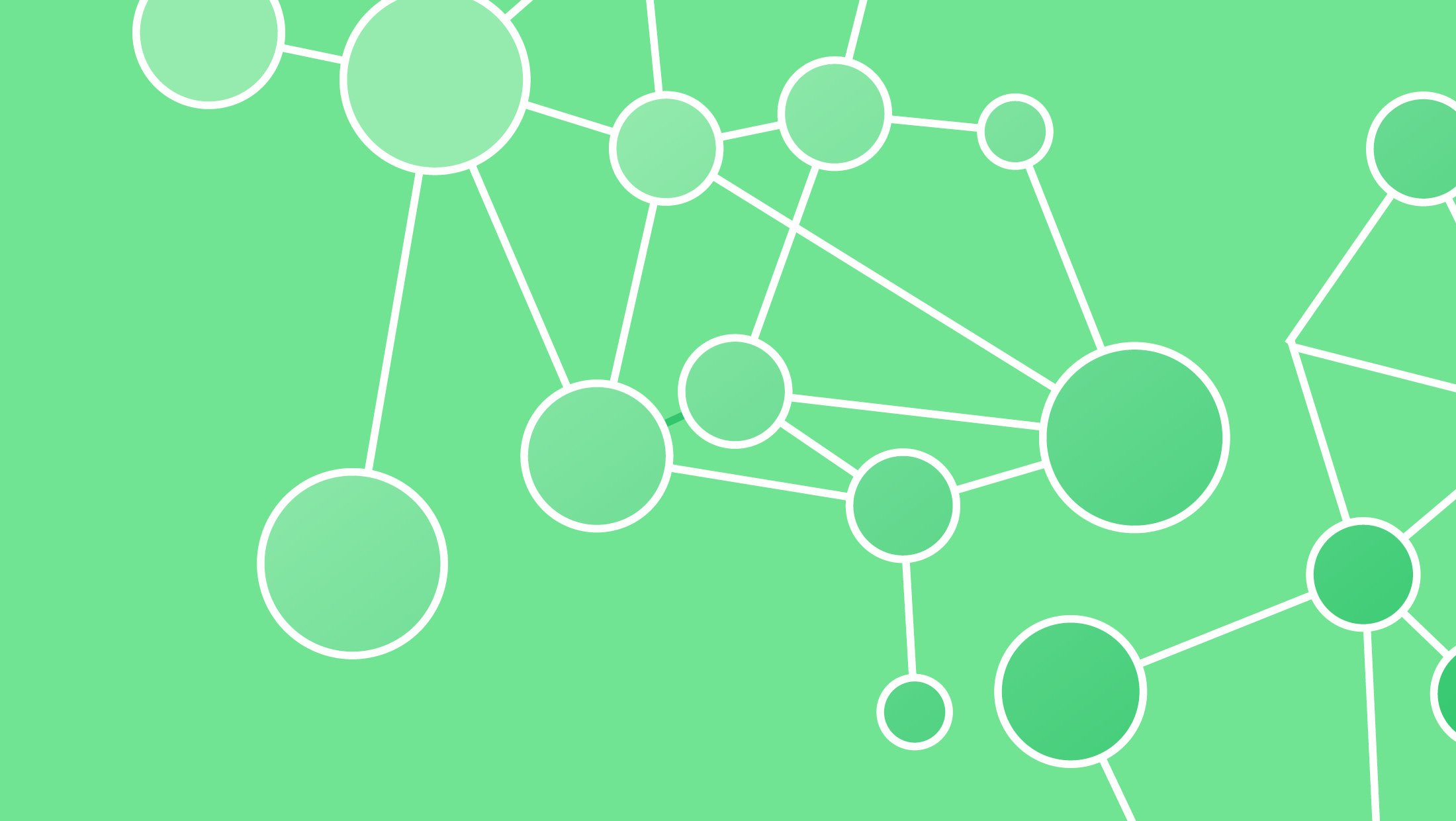Thick Big Data: Mixed Methods for Our Time
by Janet Salmons
A few years ago I met Dr. Dariusz Jemielniak at the Qualitative Methods in Management conference in Albuquerque, New Mexico. I couldn't tell you anything about the other presentations from that conference, but his stuck in my mind. He discussed a detailed ethnography he'd conducted in Wikipedia. He wrote about this innovative research in the book, Common Knowledge.
When I saw he had a new book about Big Data and mixed methods, I wanted to learn more. As a qualitative methodologist, it is my opinion that Big Data by itself isn't adequate, that we need stories to help explain that the numbers mean. But opinions by themselves aren't that useful. What did he find about methods that mesh quantitative Big Data with qualitative data from interviews? What does it mean to study "online communities" in the era of social media?
Oxford University Press generously provided a review copy so I could take a look at Thick Big Data, and Dariusz agreed to have a conversation about it. Since he was in the United States on leave from Kozminski University and serving as a Faculty associate at Berkman-Klein Center for Internet and Society, Harvard University, we had fewer time zones to cross!
Thoughts about online methods...
Dr. Jemielniak touched on some relevant points about the use of different information and communications technologies, and the ways they can best be used in research interactions. One of the caveats we discussed related to the need to distinguish between synchronous online communications, when we're online at the same time, and synchronicity, when we have singular focus on the communication. If we want synchronicity in interviews that use text messaging, for example, we need to make sure those expectations are clearly spelled out and that participants agree to minimize distractions. Here is the time-response continuum from Doing Qualitative Research Online:
I highly recommend this well-researched, well-thought out book. It is quite timely, given our need to understand issues that are at once global and highly personal. Find the e-book version of Thick Big Data here.













The wealth of material available online is irresistible to social researchers who are trying to understand contemporary experiences, perspectives, and events. The ethical collection and -use of such material is anything but straightforward. Find open-access articles that explore different approaches.